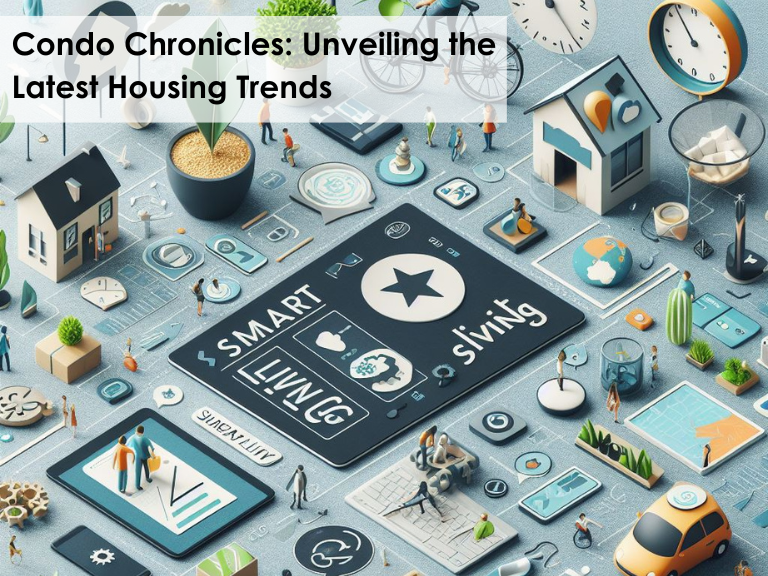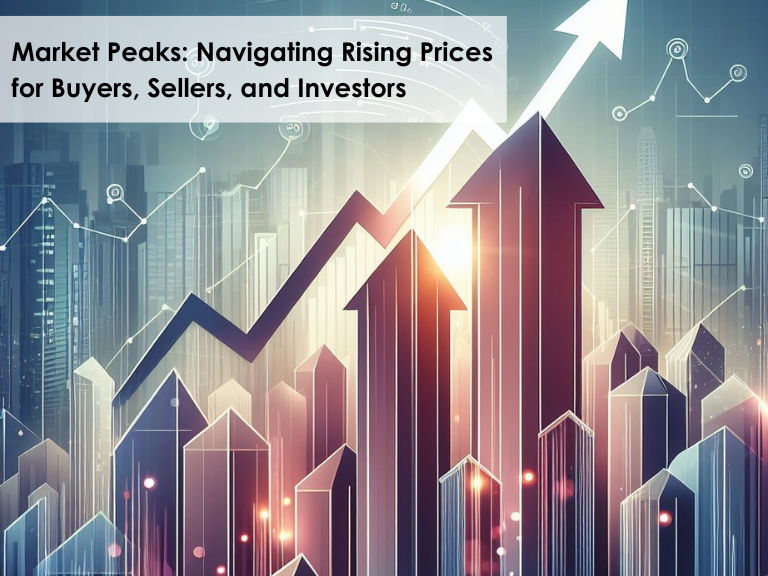Fixed Vs Variable Rate
BY Devin March/November 3, 2021

With rumblings of higher rates on the horizon, the age-old debate of ‘fixed vs variable’ is being raised more often by our clients, and seemingly with more urgency. My typical, somewhat facetious response is that most industry insiders choose a variable rate, and that has to tell you something. Most of my colleagues and investor clients swear by the interest savings over time and praise the flexibility of a variable-rate mortgage. Despite this, historically low fixed rates and the stability they provide shouldn’t be overlooked.
Fixed vs Variable
For additional perspective, I think it’s important to understand the difference between these two types of mortgage loans and the key factor affecting a variable rate.
A fixed-rate mortgage, as its name implies, is a mortgage loan at a fixed rate and for a fixed term, all of which is agreed to at the time you sign the documents for your new loan. The major benefit to securing this type of loan is that your principal and interest payment will remain the same for the term of the loan (i.e. 3 years, 5 years, etc.). This stability can provide piece-of-mind for some borrowers and can be the best choice in many cases.
A variable-rate mortgage, as its name similarly implies, is a mortgage loan based on an agreed discount from your lender’s prime rate, and can fluctuate (up and down) during the term of your loan. The agreed discount doesn’t change for the term of the loan, although the ‘effective rate’ does, and is determined by subtracting your agreed discount from the lender’s prime rate.
Lenders Prime Rate (eg. 2.45%) - Agreed Discount (eg. 1.10%) = Effective Rate (1.35%)
Your lender’s prime rate isn’t random and is largely determined by the Bank of Canada’s (BoC) overnight rate. The BoC’s overnight rate is not the same as your lender’s prime rate, but it affects your lender’s borrowing costs. As the BoC overnight rate increases or decreases, your lender’s prime rate tends to follow within days.
When should you choose one over the other?
When should you choose one type of mortgage over the other? The short answer is that it depends. There are several factors, many outside the scope of this article, that could help determine the best option for a specific borrower. One school of thought, if the only factor pertinent to the borrower is rate, would be to choose a variable if you know rates are going down soon (or staying the same), and choose fixed if you know rates are rising soon.
The issue with this idea, supposing we could predict where rates are going, is that you also need to know to what extent rates will move in either direction. To give a clearer picture, the current five-year fixed rate is 2.39%, and the variable rate is a 1.10% discount off of prime (or an effective rate of 1.35%). If the BoC increases the overnight rate twice (typically 25 basis points or 0.25% at a time), your effective variable rate is still approximately 1.85%. Even while in a rising rate environment, variable-rate mortgage holders are saving on interest until (and if) their effective rate breaks even with the fixed-rate they chose not to take.
The following two tables summarize the first five payments of a hypothetical fixed-rate loan and a variable rate loan. The loan in each case was for a $900,000 property purchase with a 7.22% down payment. It also assumes that there was no change to the variable rate over the five-month period.


And for further illustration, let's assume that the variable rate increased to 1.85% for the next 5 months to see how that will affect the principal and interest payment.
 If you’ve read this far, you may be feeling like the only and best choice is a variable-rate mortgage. This just isn’t the case, however. There are many circumstances where a fixed-rate loan is still the best choice for a particular borrower, and I would say that at least 50% of my clients take a fixed rate. Given that the BoC is likely to raise rates in the near and medium term in attempt to curb inflation, locking in a fixed-rate mortgage could be a fantastic strategy to defend equity growth. In addition, many mortgage loans in Canada are assumable by a property buyer. In an environment where rates are significantly higher, 2 years remaining of low fixed-rate loan could be a valuable feature.
If you’ve read this far, you may be feeling like the only and best choice is a variable-rate mortgage. This just isn’t the case, however. There are many circumstances where a fixed-rate loan is still the best choice for a particular borrower, and I would say that at least 50% of my clients take a fixed rate. Given that the BoC is likely to raise rates in the near and medium term in attempt to curb inflation, locking in a fixed-rate mortgage could be a fantastic strategy to defend equity growth. In addition, many mortgage loans in Canada are assumable by a property buyer. In an environment where rates are significantly higher, 2 years remaining of low fixed-rate loan could be a valuable feature.
At Digi we understand how pivotal mortgage financing is to a real estate transaction. This is why we have an in-house finance team dedicated to assisting our buyers and sellers. Our sole aim is to ensure that Digi clients have access to the best rate and product for their situation, even if that means referring them to an external source.





